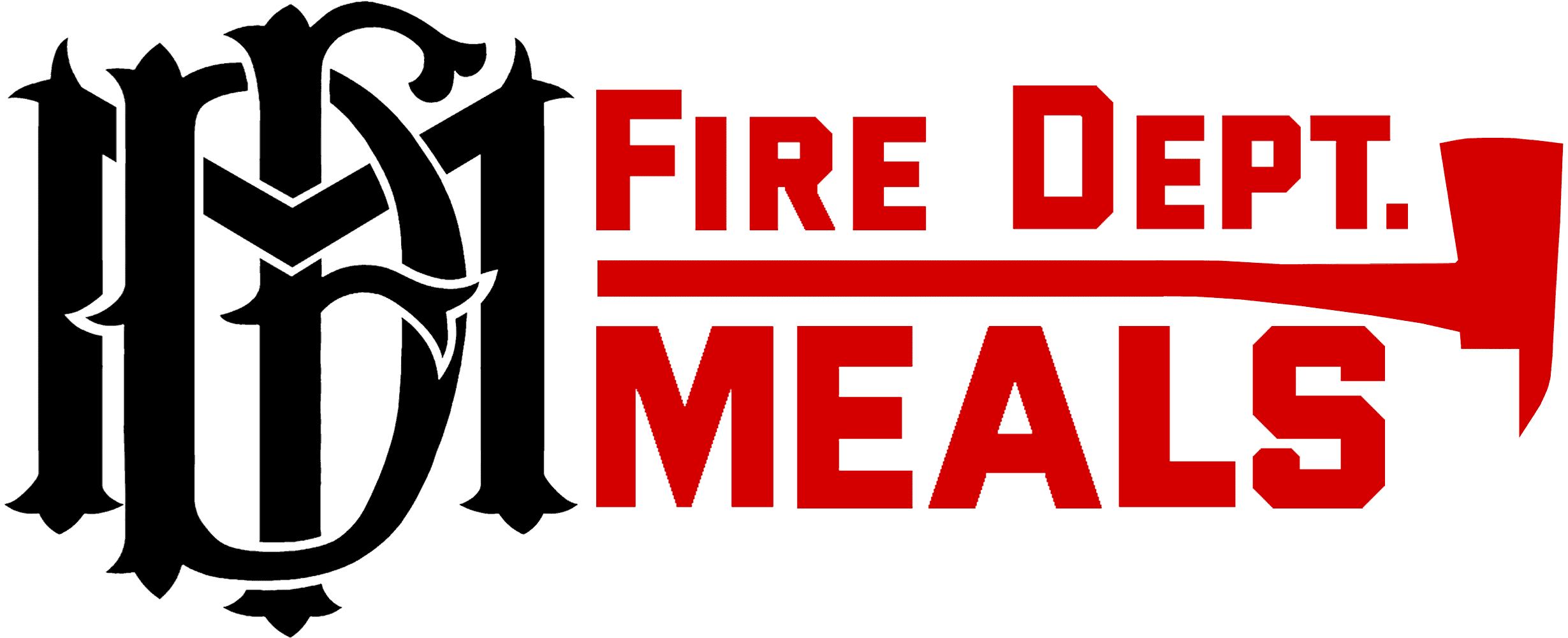Is Cutting Out Sodium From Your Diet Bad For You?
Is Cutting Out Sodium From Your Diet Bad For You? Here Are Four Things That Might Surprise You:
According to a recent article in Healthline even though too much sodium causes problems, eating too little can be just as unhealthy. So knowing how much sodium you are eating is important. All your favorite Fire Dept. Meals are clearly labeled for your convenience and peace of mind. Here are some things to consider about restricting sodium in your diet:
Cutting Out Sodium May Increase Insulin Resistance
A few studies have linked low sodium diets to increased insulin resistance. Insulin resistance is when your body’s cells don’t respond well to signals from the hormone insulin, leading to higher insulin and blood sugar levels. Low sodium diets have been associated with increased insulin resistance, a condition that causes higher blood sugar and insulin levels. This may lead to type 2 diabetes and other serious diseases.
Cutting Out Sodium Increased Risk of Death From Heart Failure
Heart failure is when the heart is not able to pump enough blood around the body to meet its needs for blood and oxygen. This doesn’t mean that your heart stops working completely, but it’s still a very serious health issue. There’s some evidence that people with heart failure may have a higher risk of dying on a low sodium diet. However, more studies are needed to confirm this.
Cutting Out Sodium Increased Risk of Death for People With Diabetes
People with diabetes have an increased risk of heart attack and stroke. Therefore, many guidelines for those with diabetes recommend limiting salt intake. However, some studies have found an association between low sodium intake and an increased risk of death among those with both type 1 and type 2 diabetes. People with type 1 and type 2 diabetes may have an increased risk of death on a low sodium diet. However, this needs to be studied further.
Cutting Out Sodium Has No Clear Benefit for Heart Disease
It’s true that reducing your sodium intake can reduce your blood pressure. However, blood pressure is only a risk factor for disease. What’s really significant is hard endpoints like heart attacks or death. Several observational studies have looked at the effects of low sodium diets on heart attacks, strokes, and the risk of death. Although the evidence is mixed, some observational studies show that low salt diets are linked to an increased risk of death from heart attacks or strokes.
The Bottom Line
The National Academy of Medicine (NAM) recommends a sodium intake of less than 2,300 mg per day, corresponding to 5.8 grams of salt. Studies suggest that there’s a J-shaped curve when it comes to the effects of sodium. Too much may be harmful, but too little can also have serious consequences. The lowest risk of health issues and death seems to be somewhere in between. Controversially, some researchers have suggested an intake of 3,000–5,000 mg of sodium per day is considered optimal. This exceeds the maximum daily intake recommended by NAM, but it’s similar to what the average person already eats in the United States. All your favorite Fire Dept. Meals are clearly labeled for your convenience and peace of mind.







